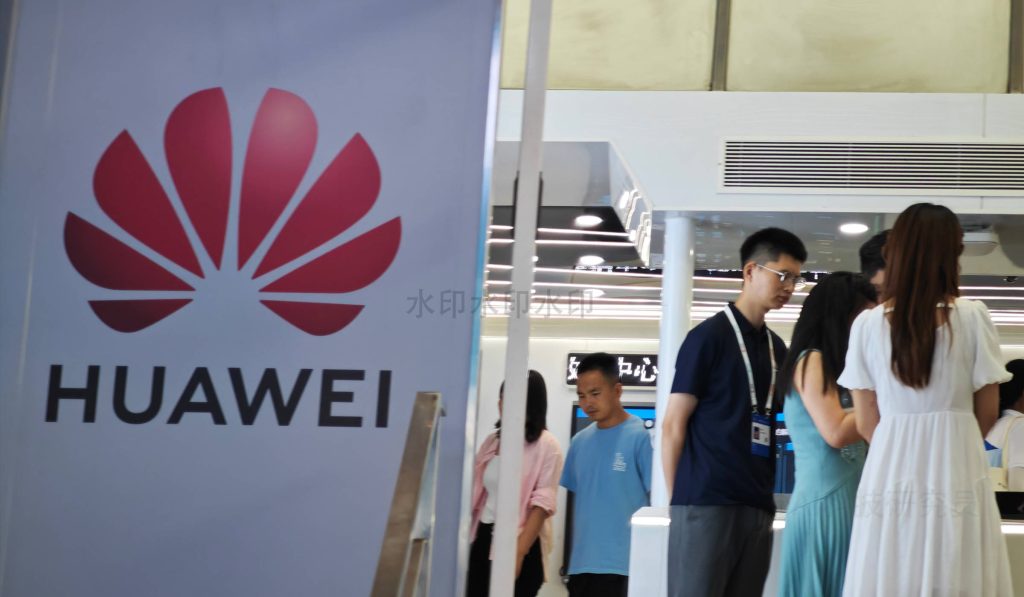AsianFin — Huawei has issued a public rebuttal following mounting accusations that its newly open-sourced Pangu Pro MoE large language model repackages code and architecture from Alibaba Cloud’s Qwen-2.5 model, reigniting a debate over IP boundaries in the rapidly evolving open-source AI ecosystem.
The controversy emerged after a study published on GitHub on July 4 alleged that Huawei’s 72-billion-parameter Pangu Pro MoE model showed a striking resemblance to Alibaba’s 14B Qwen-2.5. Using a model fingerprinting technique, the unnamed author—claiming to be a Korean student at the University of Costa Rica—reported a 0.927 correlation between the two models’ attention parameter distributions, suggesting possible non-independent development. The post also cited leftover metadata in Huawei’s open-source code referencing “Copyright 2024 The Qwen team, Alibaba Group” as evidence.
Huawei responded on July 5 via a statement from its Noah’s Ark Lab, the company’s AI research division, denying any wrongdoing. The lab emphasized that the Pangu Pro MoE is a foundational model developed from scratch on Huawei’s Ascend hardware platform and is not based on incremental training from any other vendor’s models.
“We strictly adhere to open-source license requirements and clearly indicate copyright statements within the code,” Huawei said. “Referencing open-source industry practices is standard, and aligns with the collaborative spirit of the open-source community.”
The company highlighted key innovations behind Pangu Pro MoE, including a proprietary Grouped Mixture of Experts (MoGE) architecture designed to optimize load balancing in distributed training environments. Huawei said it welcomes constructive feedback and aims to promote open innovation, inclusivity, and sustainability in the open-source AI field.
Despite the GitHub repository being taken down, the episode has stirred widespread debate on social media platforms and Chinese developer forums such as Zhihu. Some commenters questioned the scientific validity of the fingerprinting methodology used to make the plagiarism claim, arguing that using parameter standard deviation is insufficient to determine model similarity.
The dispute underscores the legal and ethical gray areas in open-source AI development. While open-sourcing a model doesn’t waive intellectual property rights, confusion remains around licensing obligations, attribution requirements, and commercialization restrictions. Experts caution that developers must clearly acknowledge the original source and comply with license terms, particularly when adapting or commercializing open-source projects.
This isn’t the first time a major open-source AI model has faced plagiarism accusations. Earlier this year, 01.AI’s Yi-34B was criticized for borrowing architecture from Meta’s LLaMA model, and Stanford’s Llama3-V was revealed to have repackaged Moonshot AI’s MiniCPM-Llama3-V 2.5.
The open-source model space has become increasingly crowded, with low technical barriers allowing startups to quickly deploy services by wrapping models like GPT or DeepSeek in user-friendly apps. As generative AI adoption grows, the need for clearer licensing frameworks and enforcement mechanisms is becoming critical.
Huawei launched the Pangu model series in 2021, spanning NLP, computer vision, and scientific computing. On June 30, the company open-sourced its 7B dense model, the 72B Pangu Pro MoE, and inference tech based on Ascend, describing the move as a strategic push to strengthen its AI ecosystem.
Huawei Cloud said the Pangu model has been deployed in over 30 industries and 400 real-world scenarios—including government, finance, healthcare, autonomous driving, and industrial design—generating tangible business value.
While Alibaba has yet to comment on the matter, AI research teams from several major Chinese tech companies are closely watching the situation. For now, the incident highlights a growing tension in the AI community: how to encourage open-source innovation without eroding intellectual property protection or fueling unchecked model replication.返回搜狐,查看更多

